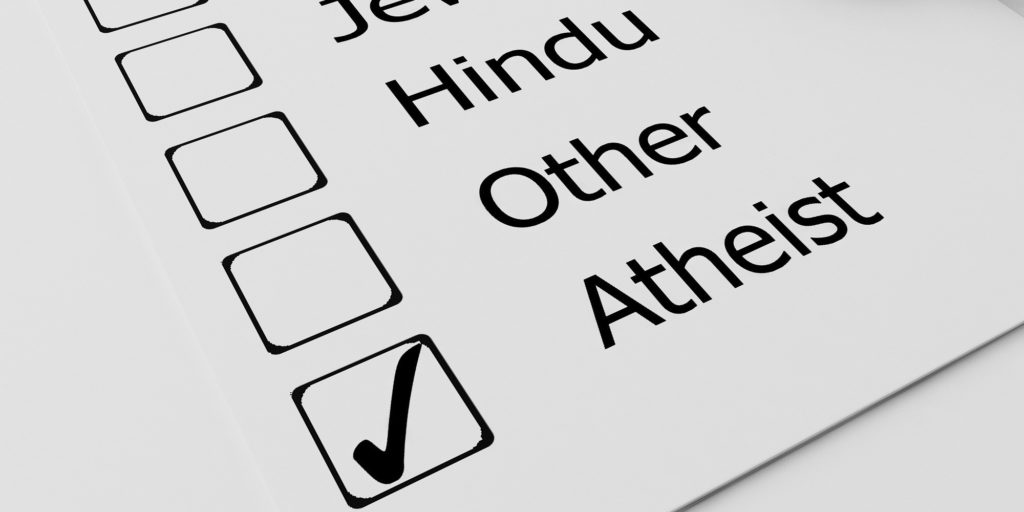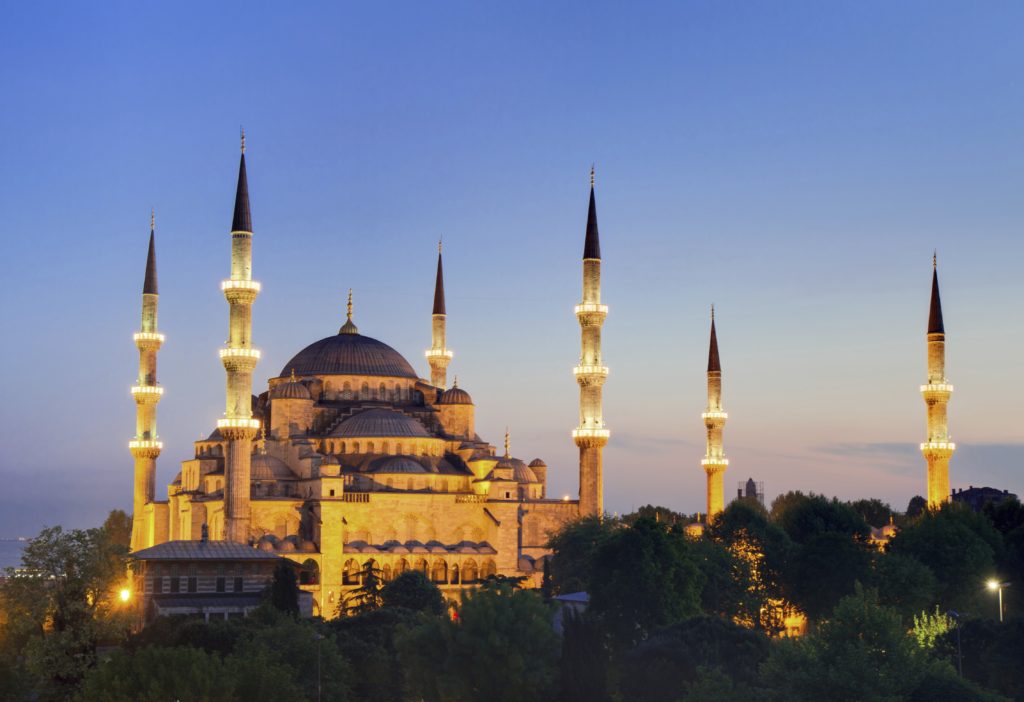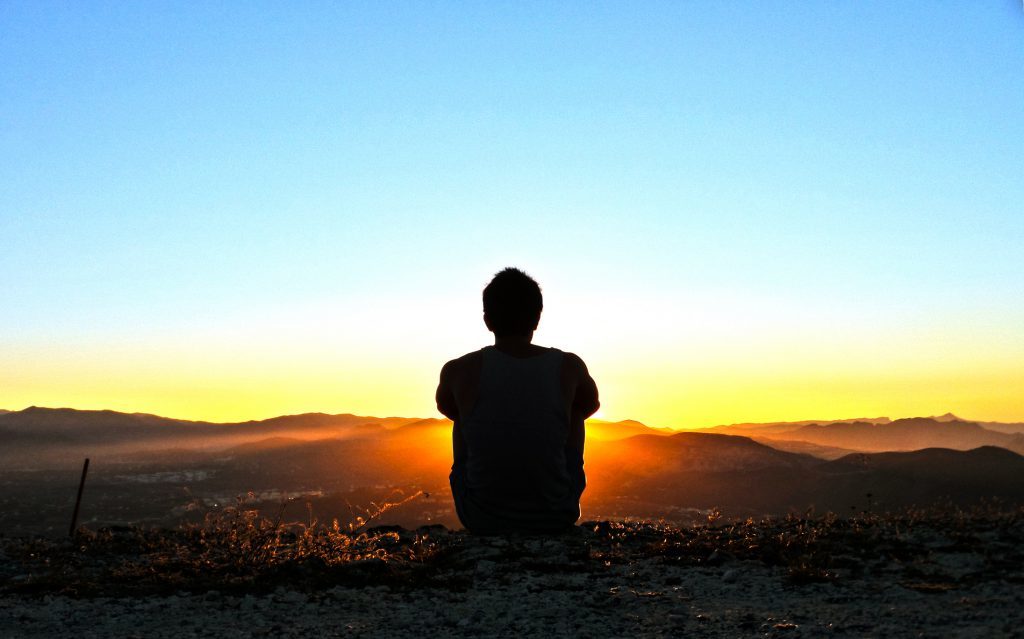Atheist Refugees Doubly Vulnerable

Atheist asylum seekers fleeing persecution for their lack of belief in the dominant religion of their culture are at high risk of danger. by Scott Jacobsen As reported by DW, “Mahmudul Haque Munshi’s name was on a hit list in Bangladesh. After five of his friends and associates were murdered, the authorities warned the blogger: […]
Atheism on the Rise in Turkey

Despite Erdogan’s measures to push Islam, a growing number of people in Turkey are non-religious.
Aggressive versus Gentle Atheism: Which Approach Works Best?

Atheist Alliance of America President Mark Gura and Blog Director Sarah Mills debate trends within the atheist community and constructive approaches.
The Meaning of Life: Research Suggests Shift Towards Secular Values

Research by PEW suggests that more Americans are deriving meaning, fulfilment, and satisfaction in life from non-religious sources.
The Fallacy of Nothing: Can Something Come From Nothing?

Since antiquity, philosophers realized the concept of ‘Nothing’ was inherently nonsensical. How can we approach the Big Bang without factoring in a deity?
Breaking Identity Barriers for a More Diverse Atheism

Claire Klingenberg, President of the European Council of Skeptic Organizations, discusses demographics and the question of identity in atheist movements.